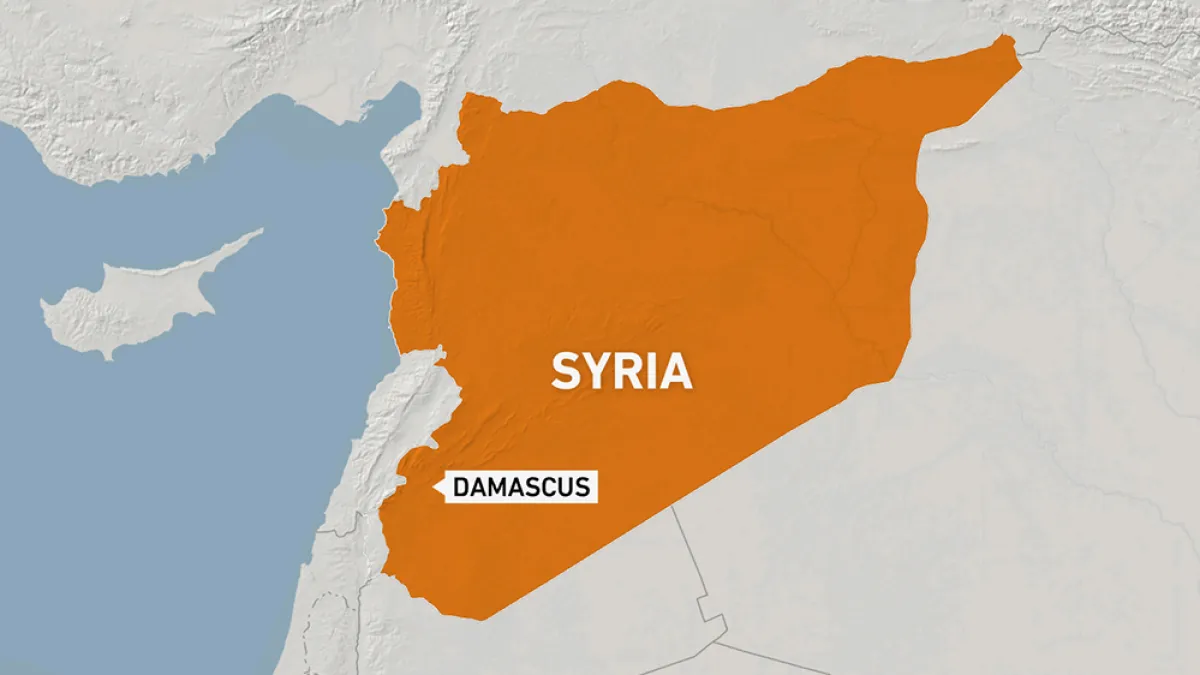Syria says senior ISIL commander killed in Damascus countryside raid | Armed Groups News
Interior Ministry says the raid killed Mohammed Shahadeh, describing him as one of ISIL’s senior commanders in Syria.
Published On 25 Dec 2025
Syrian authorities say security forces have carried out a second operation against ISIL (ISIS) fighters near Damascus, killing a senior figure described as the group’s governor of Hauran.
In a statement on Thursday, the Ministry of Interior said the raid killed Mohammed Shahadeh, also known as Abu Omar Shaddad, calling him one of ISIL’s senior commanders in Syria and a direct threat to local security.
Recommended Stories
list of 3 itemsend of list
Officials said the operation followed verified intelligence and extensive surveillance and was carried out by specialised units, operating in the Damascus countryside, that conducted a targeted raid in the town of al-Buweida, near Qatana, southwest of the capital.
The operation also involved the General Intelligence Directorate and took place in coordination with international coalition forces, the ministry said.
‘Crippling blow’
The announcement came a day after Syrian internal security forces arrested another senior ISIL figure in a separate operation near Damascus, according to the state-run SANA news agency.
SANA reported that forces arrested Taha al-Zoubi during what it described as a “tightly executed security operation” in the Damascus countryside. The agency said officers seized “a suicide belt and a military weapon” during the arrest.
Brigadier General Ahmad al-Dalati, head of internal security in the Damascus countryside, told SANA that the raid targeted an ISIL hideout in Maadamiya, southwest of the capital.
ISIL, which considers the current authorities in Damascus illegitimate, has largely focused its remaining operations on Kurdish-led forces in northern Syria.
At the height of its power, the armed group controlled vast areas of Iraq and Syria, declaring Raqqa its capital.
Although ISIL suffered military defeat in Iraq in 2017 and in Syria two years later, its cells continue to carry out attacks in the region and beyond, including in parts of Africa and Afghanistan.
